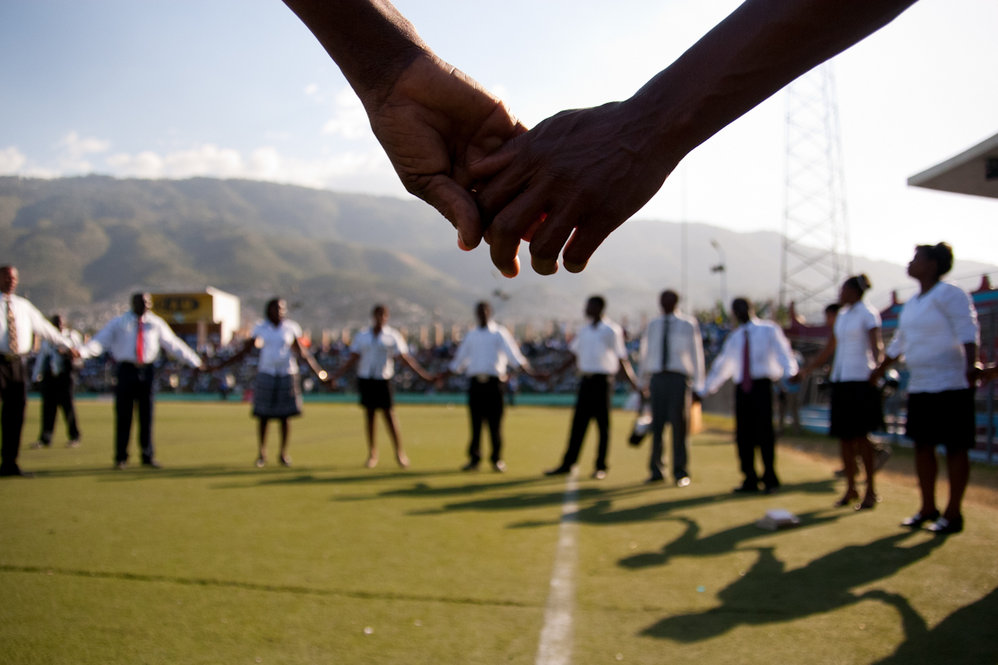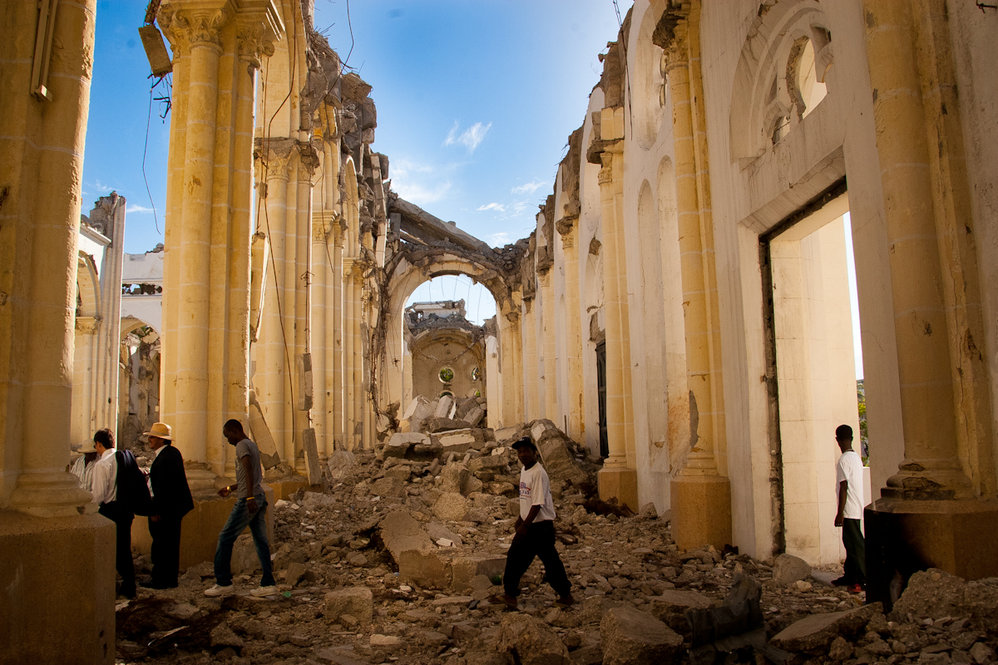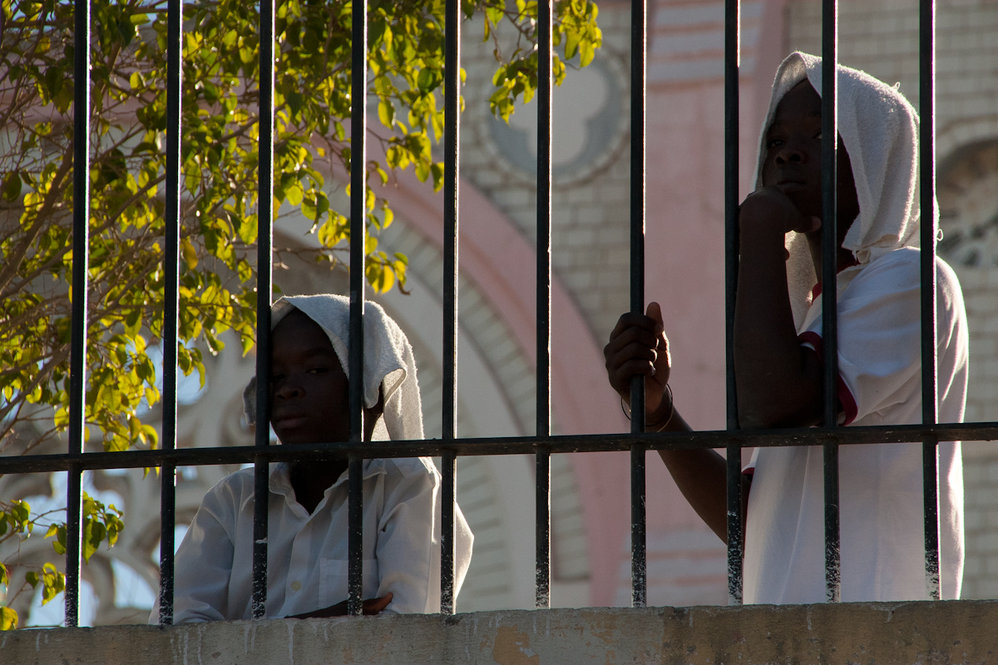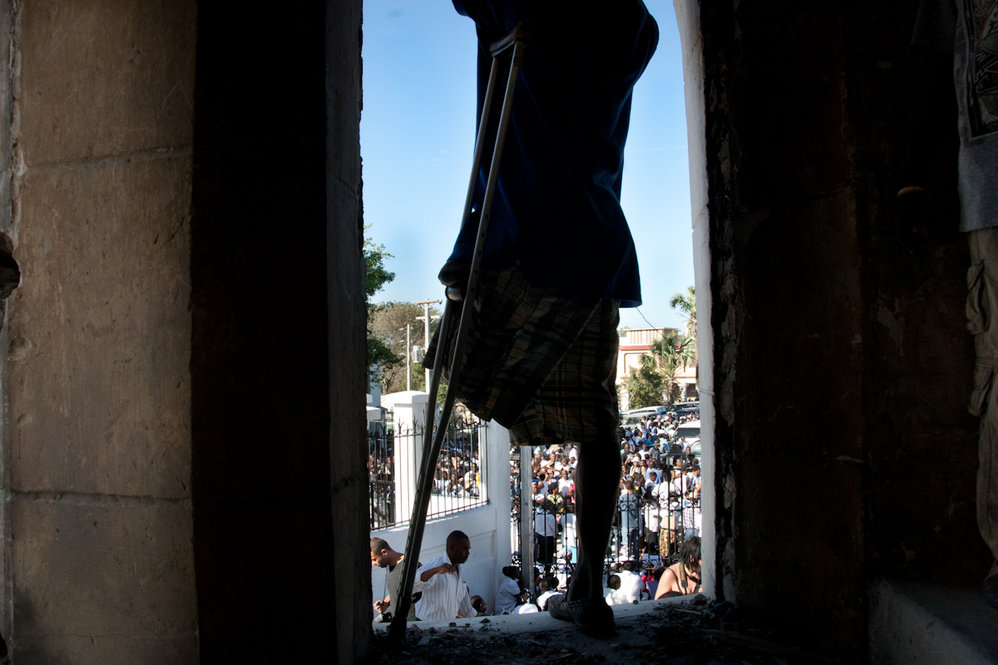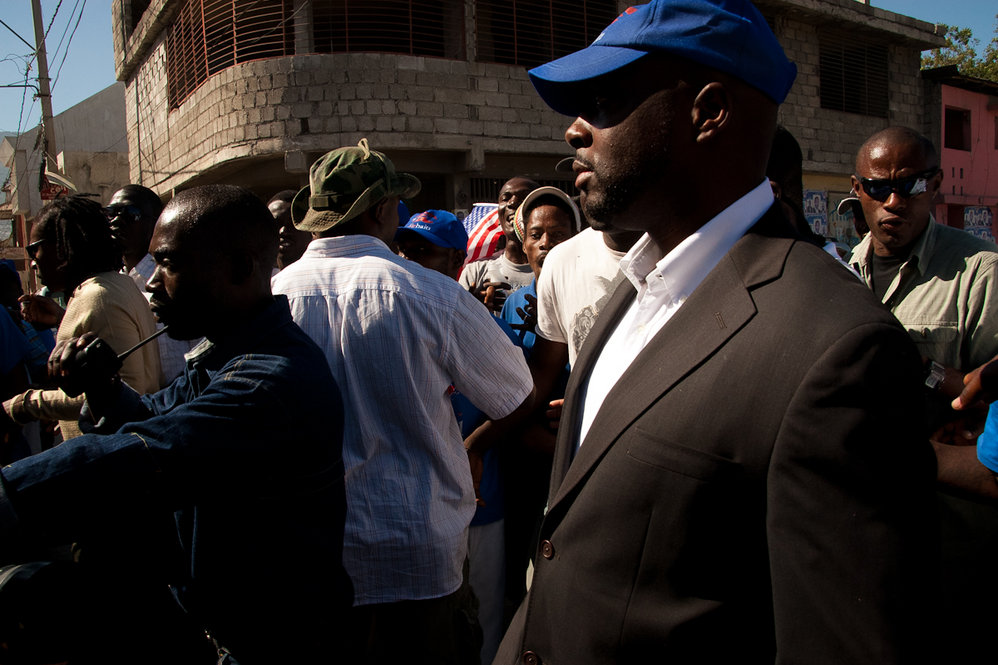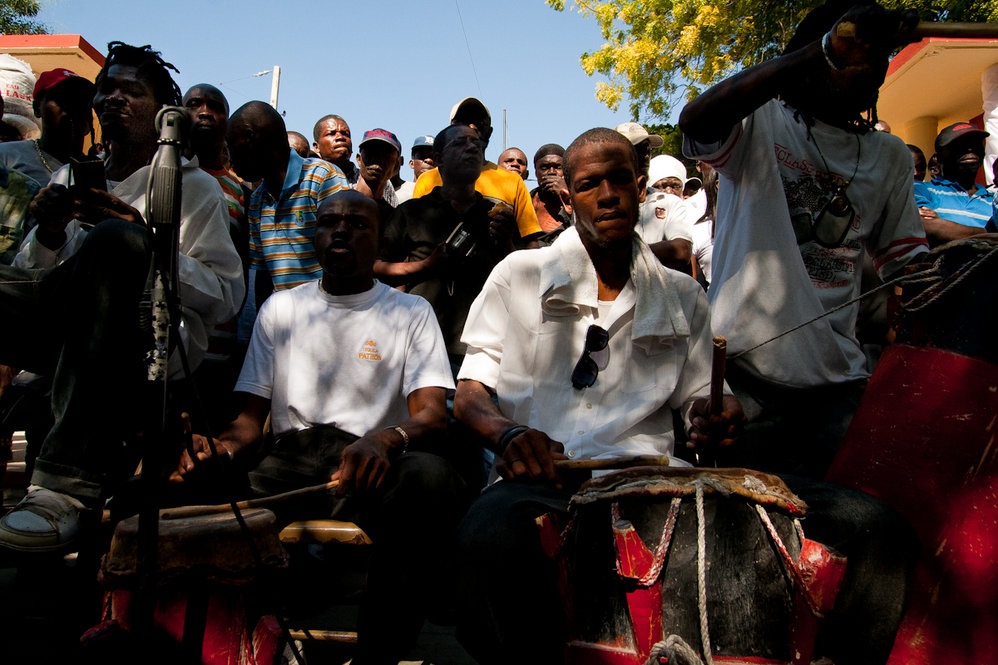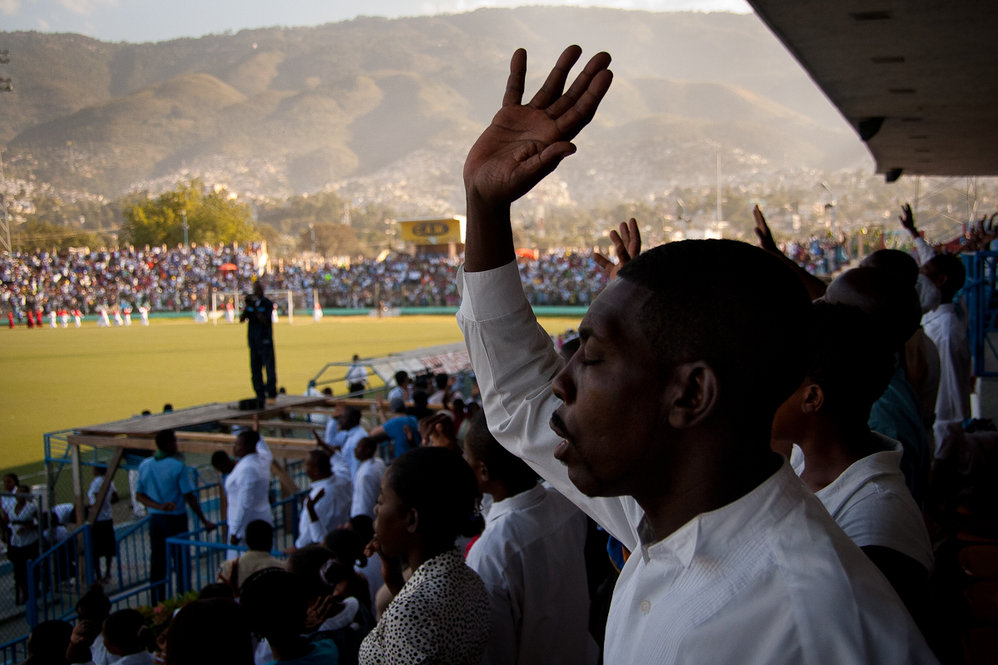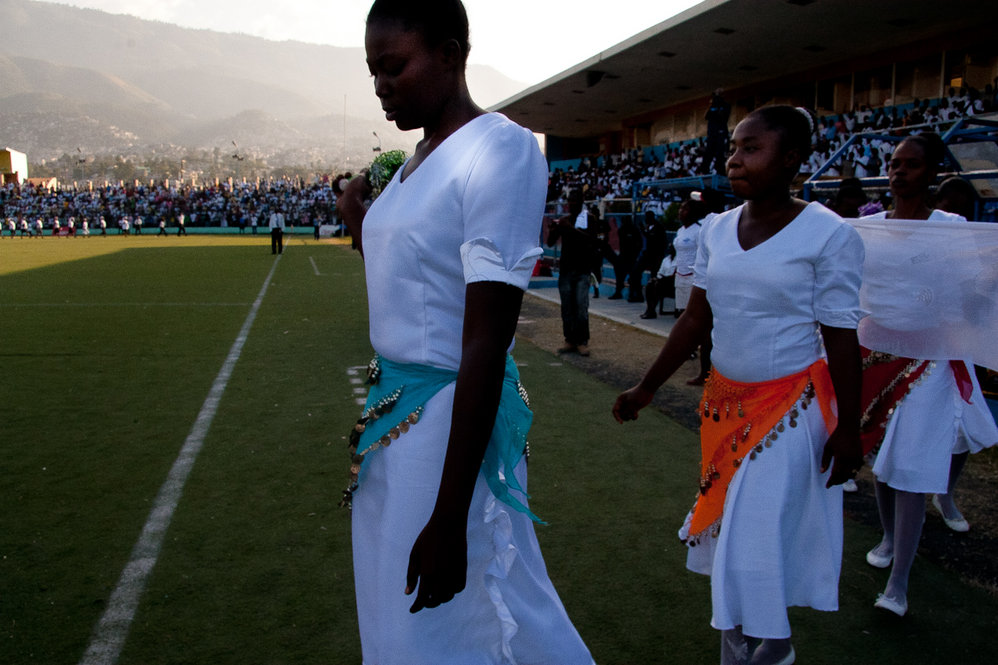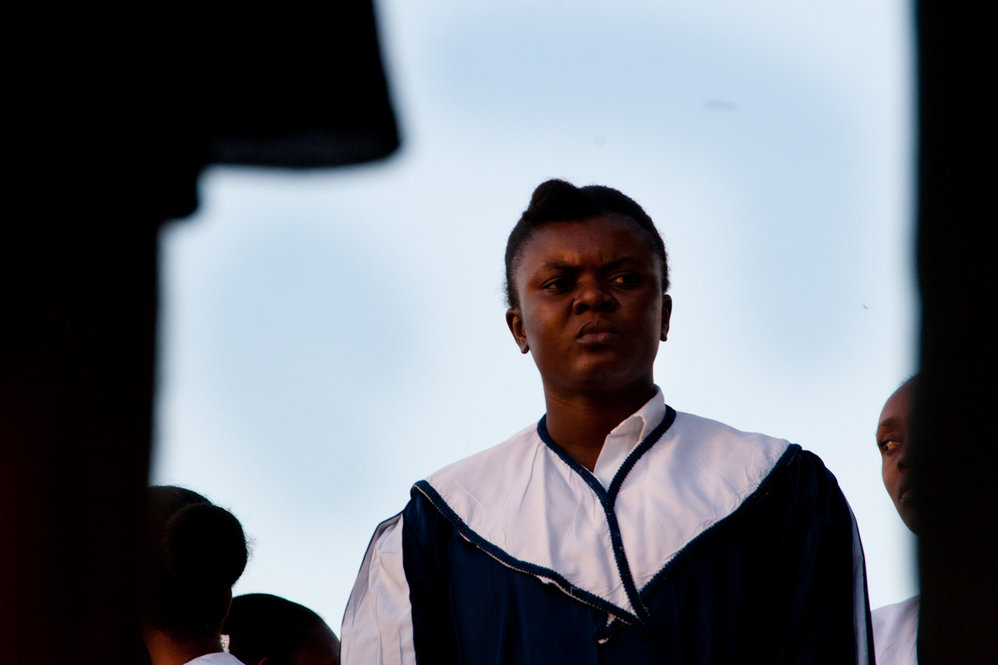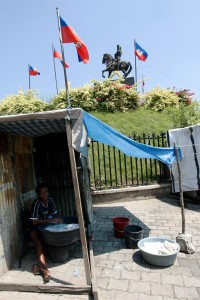By JACOB KUSHNER and JONATHAN M. KATZ, Associated Press
PORT-AU-PRINCE, Haiti – Former Haitian dictator Jean-Claude “BabyDoc” Duvalier ensconced himself Monday in a high-end hotel following his surprise return to a country deep in crisis, leaving many to wonder if the once-feared strongman will prompt renewed conflict in the midst of a political stalemate.
Duvalier met with allies inside the hotel in the hills above downtown Port-au-Prince and spoke publicly only through emissaries, who gave vague explanations for his sudden and mysterious appearance — nearly 25 years after he was forced into exile by a popular uprising against his brutal regime.
Henry Robert Sterlin, a former ambassador who said he was speaking on behalf of Duvalier, portrayed the 59-year-old former “president for life,” as merely a concerned elder statesmen who wanted to see the effects of the devastating Jan. 12, 2010, earthquake on his homeland.
“He was deeply hurt in his soul after the earthquake,” Sterlin said. “He wanted to come back to see how is the actual Haitian situation of the people and the country.”
Duvalier — who assumed power in 1971 at age 19 following the death of his father, Francois “Papa Doc” Duvalier — still has some support in Haiti and millions are too young to remember life under his dictatorship. But his abrupt return Sunday still sent shock waves through the country, with some fearing that his presence will bring back the extreme polarization, and political violence, of the past.
Click HERE to read the full AP story as it appeared at Yahoo! News.
